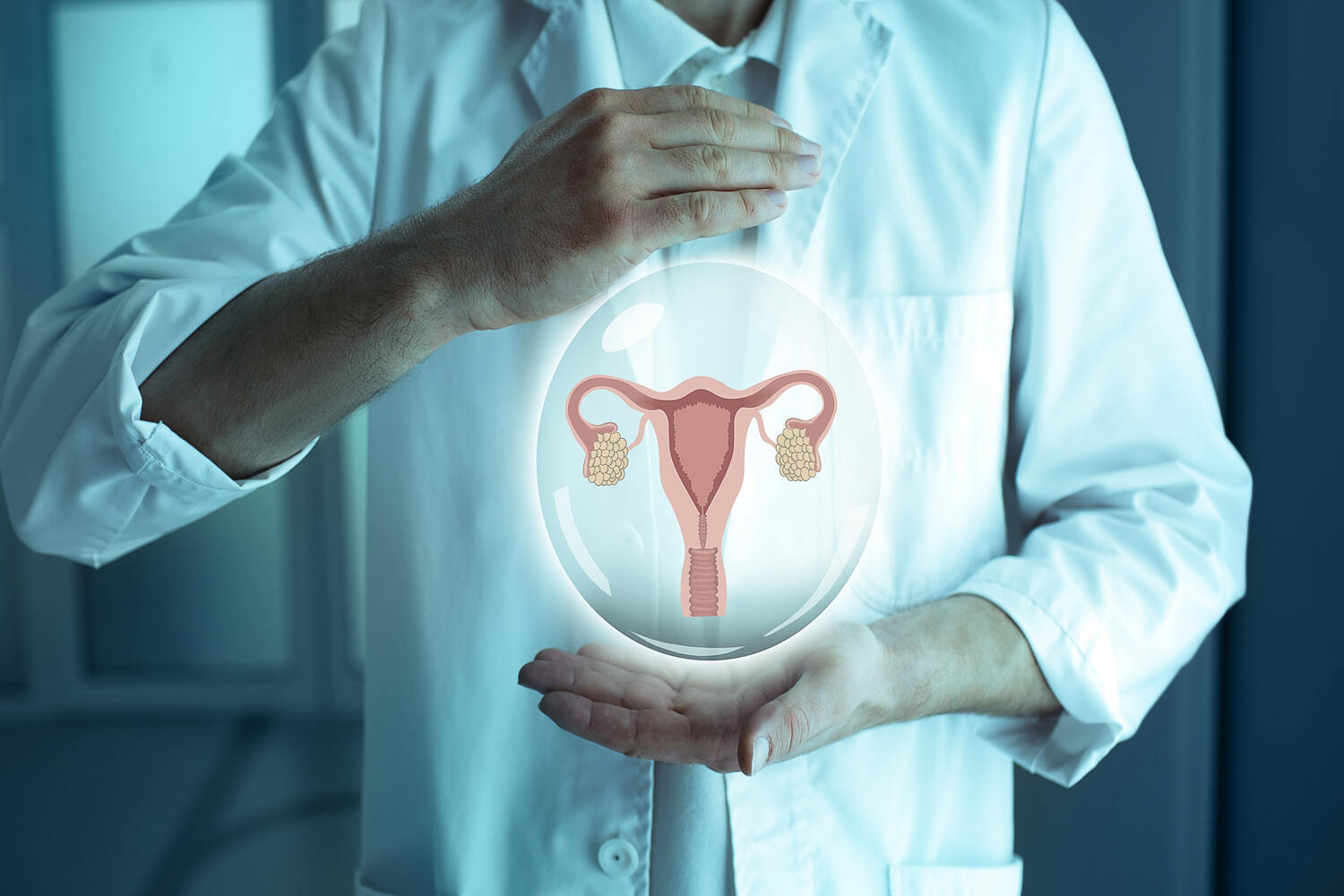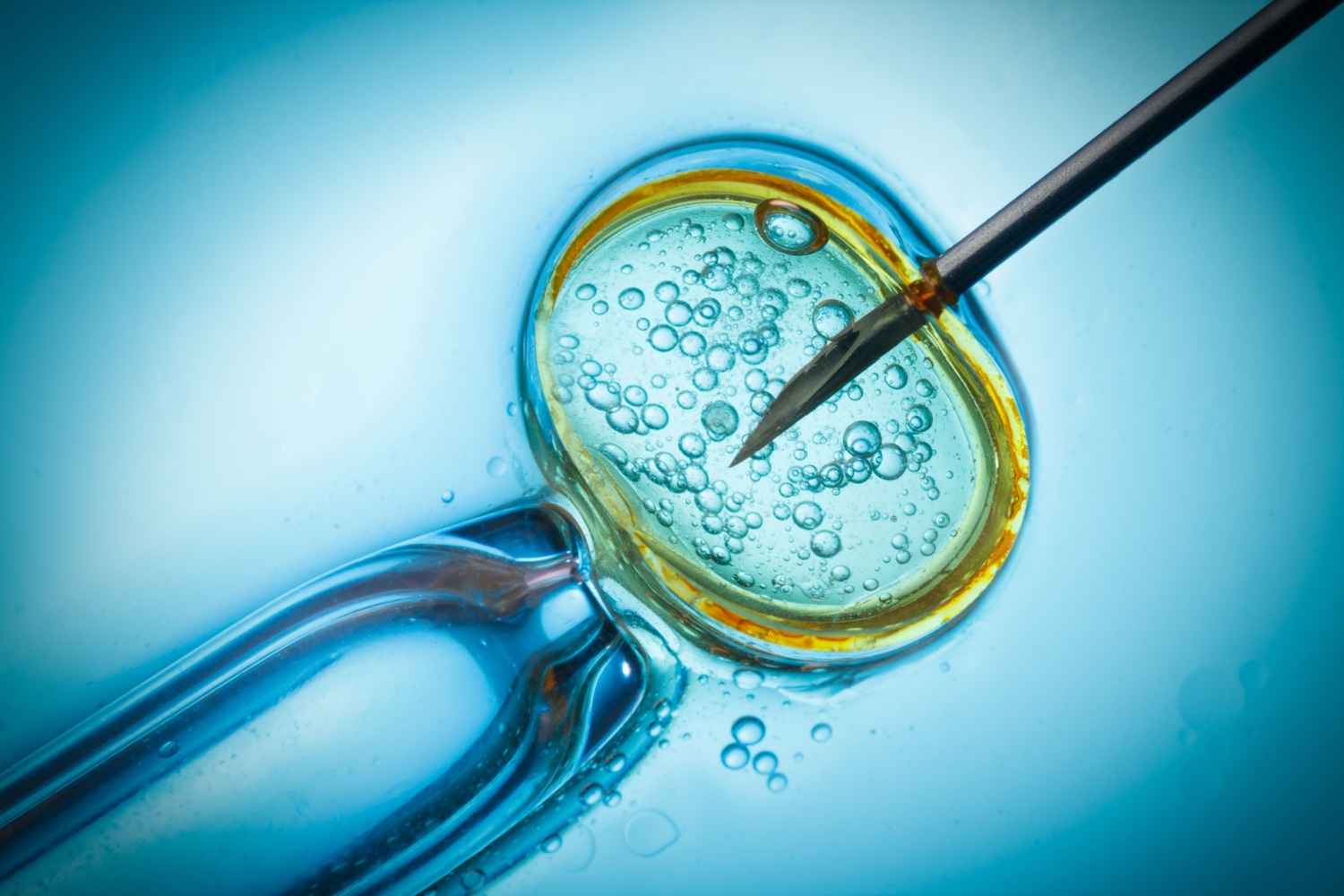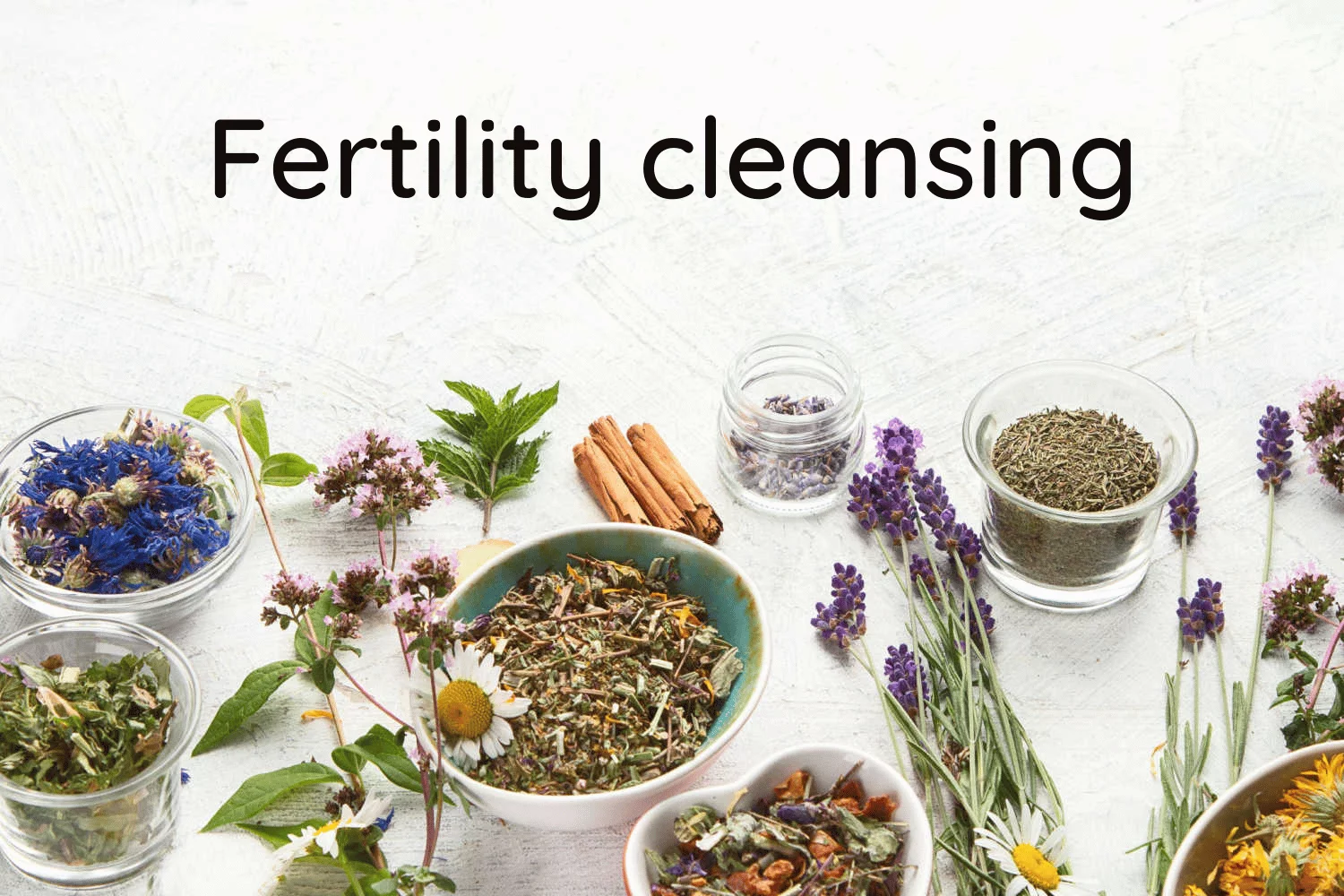
Getting Pregnant After 35 – Everything you need to know
9 min readWritten by Editorial Team


Many women are finding themselves trying to conceive after the age of 35. Women these days are more independent and career-oriented and as a result, often decide to start a family late. By the time they successfully achieve their career goals, they reach the age of 35 or beyond. Getting pregnant after 35 can pose unique challenges for some women.
With an increasing number of nuclear families, couples nowadays are planning the kids far apart and as a result, the second pregnancies are mostly happening after 35. Despite many challenges, women are successfully conceiving at 35 and after. But this can be riddled with many questions and challenges. Read on to know everything about getting pregnant at 35 and beyond.
In This Article
- Is Pregnancy After 35 Possible?
- Challenges and Risks of Getting Pregnant After 35
- Risks to the Baby When the Mother Gets Pregnant After 35
- Benefits of Getting Pregnant After 35
- Top Tips to Improve Chances of Getting Pregnant After 35
- Treatment Options to Support Getting Pregnant After 35
- When to Consult the Doctor?
- FAQ’s
Is Pregnancy After 35 Possible?
Pregnancy after 35 is definitely possible. The advances in the medical field and the fertility space make it possible for women to get pregnant beyond 35. But fertility rates do see a dip for women belonging to this age group.
Women aged 35 and over, have a 15 to 20 percent chance of conceiving in a month. The likelihood of her getting pregnant within the first year of trying is about 66%. This is because the quantity and quality of the egg decline as the age increases.
Even if you manage to get pregnant, the pregnancy might not be as smooth as the pregnancy during your twenties and early 30s. The chances of miscarriage are also higher (1).
As you get older, you are more likely to face certain health conditions (than younger women) that can bring about several complications before, during, and after pregnancy. Understanding these risks is important to get better prepared before planning for pregnancy at and after of 35.
Challenges and Risks of Getting Pregnant After 35

Getting pregnant after 35 may carry many risks for the mother (2) Here are some significant issues that are usually associated with pregnancy at 35 and above.
- Higher chances of developing gestational diabetes
- Increased risk of preeclampsia
- Increased risk of miscarriage
- Higher chances of placenta previa
- Risk of pregnancy-induced hypertension
- Higher chances of ectopic pregnancy (3)
- Risk of preterm birth (4)
- Increased chances of multiple pregnancies (5)
- Increased chances of undergoing a C-section (6)
The chances of multiple pregnancies are found to increase with age. This is mainly because most women have to undergo fertility treatment to get pregnant once they cross 35 years. Multiple pregnancies increase the chances of risk factors that can develop during late pregnancy. The older the mother, the higher the chances of developing pregnancy complications that end up in a C-section.
[Read : Ectopic Pregnancy ]
Risks to the Baby When the Mother Gets Pregnant After 35

The baby of an older mother is at a higher risk of
1. Developmental Chromosomal Abnormalities
Chromosomal abnormalities like Down syndrome are seen more often among babies born to mothers over 35 years of age (7).
2. Birth Defects
Pregnancy at or above 35 increases the risk of birth defects in babies.
3. Low Birth Weight
As the chances of preterm birth and multiple pregnancy increases so will the chances of having low birth weight babies.
[Read : Low Birth Weight in Babies]
Benefits of Getting Pregnant After 35
Although getting pregnant after 35 poses a lot of health complications to both mother and baby, there are some advantages too. As an older mother, you are
- Well settled
- Financially independent
- Mature
- Realistic
- Dedicated to the idea of having a baby
- Well prepared for the forthcoming changes and adjustments that a new baby will bring to your life
- Will provide a positive and healthy environment for your baby as there is already a strong bond between you and your spouse
Top Tips to Improve Chances of Getting Pregnant After 35

Getting pregnant at the age of 35 and after can be very overwhelming. But there are many things you can do to increase your chances of conceiving and having a healthy pregnancy and a healthy baby. For that, there are certain precautions and preventive measures that you have to take. Here are some useful steps you can take:
1. Get a Preconception Checkup
When you decide that you are ready to get pregnant, it is vital to take a few steps before conception. Consult a doctor for a preconception checkup and preconception counseling (8) to ensure you are healthy. He will assess your overall health and discuss lifestyle changes (if needed) that might improve your chances of a healthy pregnancy
2. Manage any Preexisting Health Conditions
Pre-existing health conditions like hypertension, thyroid imbalances, or diabetes can make it difficult to get pregnant or cause pregnancy complications. With late pregnancy, you are already at a risk of developing gestational diabetes and hypertension. Consulting doctors and getting treated for these preexisting conditions is an important step before you plan and try to have a baby.
[Read : Can I Get Pregnant If I Have Diabetes?]
3. Eat a Balanced Diet
Incorporate a wide variety of nutritious foods in your daily meals. A balanced diet includes foods rich in folic acid, calcium, iron, and vitamin D. Include lots of fruits and vegetables and low-fat food in your diet. A diet rich in dietary fiber, plant-based protein, vitamins, and minerals is associated with better fertility outcomes (9).
Quit smoking and drinking alcohol. Avoid over-the-counter medication or supplements without consulting with your doctor. Positive changes in lifestyle habits such as exercising, yoga, and meditation relax your mind and body and may have a positive effect on your chances of conception.
5. Keep Weight In Check
Lose weight if you are overweight before conceiving as it increases pregnancy-related complications. Also, gaining the right amount of weight is important during pregnancy. You should follow this very strictly when you get pregnant later in life. Being overweight increases the risk of a complicated pregnancy. Ask the doctor about how much weight you should gain during each month (initially) and each week (later stages) and stay within the limit.
6. Take Prenatal Vitamins
It is a good choice if all women of childbearing age take prenatal vitamins daily. Women of reproductive age should take 400 micrograms (0.4 milligrams) of folic acid every day before and during the first 3 months of pregnancy (10). This can help prevent birth defects like spina bifidia in babies. Folic acid becomes more important when it comes to older women since they have a higher risk of having a baby with birth defects relating to the brain and spine.
7. Stay Active For Pregnancy at Age of 35
Staying active and regular exercise is very important if you get pregnant at and after 35. This helps to boost your energy levels. However, always discuss with your doctor before starting any new exercise routine.
9. Sleep Well
Getting a good night’s sleep may have a positive effect on your fertility levels (11) and help you conceive faster. It is essential to have a good sleep hygiene to improve your chances of getting pregnant.
9. Avoid Stress
Any kind of stress, be it work-related or personal may cause irregular periods (12), which in turn can make tracking your ovulation and conceiving difficult. But remember, stress can only be one of the many factors affecting fertility. A combination of factors may cause delayed pregnancy or an inability to conceive. Avoiding stress may contribute partly to improving your fertility levels.
10. Monitor Your Menstrual Cycle
It is essential to monitor your menstrual cycle and be aware of your fertile days. You can also use an ovulation predictor kit that will help predict the ovulation days for you thereby increasing your chances of conception.
Monitor your basal body temperature and keep a record of it. If there is a slight rise in your body temperature, it shows that you are successfully ovulating, and it is the best time to have sex. Timing your intercourse around the window of ovulation can increase your chances of conception by providing the optimal window for egg and sperm to meet and fertilize.
[Read : BBT (Basal Body Temperature) Chart- Everything You Need To Know]
Treatment Options to Support Getting Pregnant After 35

If you’re older than age 35 and hoping to get pregnant to boost the odds of conception, here are some treatment options for pregnancy at the age of 35. With advancing age, you may be limited with the number of options or trials you can have with each method, whether it is IUI or IVF (13). Your doctor may try IUI initially but if it doesnt work, they may immediately switch you to IVF and other advanced fertility treatment methods
1. IVF For Pregnancy At Age of 35
In vitro fertilization (IVF) can help improve the chances of getting pregnant after 35. In this process, fertilized eggs are collected from mature fallopian tubes and fertilized with sperm in a laboratory. As soon as an egg (embryo) or eggs (embryos) have been fertilized, they are transferred to the uterus. It takes approximately three weeks for one full IVF cycle to run. Occasionally, these steps are broken down into separate steps and the process can take longer.
2. IUI For Pregnancy At Age of 35
Intrauterine insemination (IUI) involves directly implanting sperm inside a woman’s uterus. To become pregnant naturally, sperm must pass through the vagina, the cervix, and the uterus, and then up into the Fallopian tubes. IUI involves cleansing and concentrating the sperm and placing them directly into the uterus, thus bringing them closer to the egg. Women who have had difficulty getting pregnant may be able to increase their chances of becoming pregnant through this process.
When to Consult the Doctor?
If you are over 35 and planning to get pregnant, it is always a good idea to consult a doctor and get a general checkup and counseling done. Depending on your health and any underlying health conditions, the doctor may prescribe tests to assess your general and reproductive health. You can follow the doctor’s suggestions and any medications prescribed to improve your chances of getting pregnant. As a rule, if you try for a year and are unable to get pregnant, you may need to see a fertility specialist to rule out possible issues that may be hampering your fertility.
It is possible to get pregnant over 35 but there a few challenges and you may need support in the form of medications and treatment cycles in some cases. If you are over 35, have tried to get pregnant for over a year, and have not seen positive results, consult a fertility specialist. With proper care and management, getting pregnant over 35 and having a healthy pregnancy is possible
FAQ’s
1. What Age is Best to Conceive?
It’s best to get pregnant between your early 20s and late 30s, say experts. The baby and the mother will benefit most from this age range.
2. How Can I Increase My Chances of Getting Pregnant After 35?
You can increase your chances of getting pregnant after 35 by following a healthy diet and lifestyle, getting preconception check up and counselling done and starting prenatal supplements and vitamins. Charting your ovulation and planning your intercourse around it can be helpful. If you are unable to get pregnant despite a year of trying, do consult a fertility specialist.
3. How Many Eggs Does a Woman Have at 35?
In most cases, a woman at 30 has around 100,000-150,000 eggs in reserve. By 35, this number is likely to drop to around 80,000. At the end of the thirties, this number may be 25,000, 10,000, or less.
4. Is 35 Too Old to Try For a Baby?
35 may be slightly old to try for a baby. Women have peak fertility rates between late teens and late twenties. Once they reach 30s, fertility rates progressively start decreasing with advanced age. If you are in the age group of 35 and over and are planning to have a baby, do not delay any more. Getting an early headstart may help with quicker pregnancy as compared to waiting for more time.
References
- Knowledge about the impact of age on fertility: a brief review – [https://www.ncbi.nlm.nih.gov/pmc/articles/PMC7721003/]
- A Review of Pregnancy in Women Over 35 Years of Age – [https://www.ncbi.nlm.nih.gov/pmc/articles/PMC2729989/]
- Pregnancy in Women Aged 35 Years and Above: A Prospective Observational Study – [https://www.ncbi.nlm.nih.gov/pmc/articles/PMC4395583/]
- Effect of maternal age on the risk of preterm birth: A large cohort study – [https://www.ncbi.nlm.nih.gov/pmc/articles/PMC5791955/]
- The Role of Maternal Age in Twin Pregnancy Outcomes – [https://www.ncbi.nlm.nih.gov/pmc/articles/PMC5571734/]
- Pregnancy at Age 35 Years or Older – [https://www.acog.org/clinical/clinical-guidance/obstetric-care-consensus/articles/2022/08/pregnancy-at-age-35-years-or-older]
- Association between Maternal Age and Birth Defects of Unknown Etiology – United States, 1997–2007 – PMC – [https://www.ncbi.nlm.nih.gov/pmc/articles/PMC4532312/]
- Preconception Counseling – StatPearls – NCBI Bookshelf – [https://www.ncbi.nlm.nih.gov/books/NBK441880/]
- Folic Acid | CDC – [https://www.cdc.gov/ncbddd/folicacid/about.html]
- Female Fertility and the Nutritional Approach: The Most Essential Aspects – PMC – [https://www.ncbi.nlm.nih.gov/pmc/articles/PMC8634384/]
- Sleep, Sleep Disturbance and Fertility in Women – PMC – [https://www.ncbi.nlm.nih.gov/pmc/articles/PMC4402098/]
- To Evaluate the Effect of Perceived Stress on Menstrual Function – PMC – [https://www.ncbi.nlm.nih.gov/pmc/articles/PMC4413117/]
- Intrauterine Insemination Treatment Strategy for Women over 35 Years Old: Based on a Large Sample Multi-center Retrospective Analysis – PMC – [https://www.ncbi.nlm.nih.gov/pmc/articles/PMC5146798/]

Editorial Team,
With a rich experience in pregnancy and parenting, our team of experts create insightful, well-curated, and easy-to-read content for our to-be-parents and parents at all stages of parenting.Read more.
Responses (0)
Want curated content sharply tailored for your exact stage of parenting?
Related articles

Interpreting Endometrial Thickness – Everything You Need to Know

Can Assisted Hatching Improve IVF Success?

Intermittent Fasting When Trying to Conceive – Is it Safe?

Black Raisins Water For Conceiving – Top Benefits and How to Make

Sugar Pregnancy Test – Everything You Need To Know

Fertility Cleansing – What is it, How to Do it and Top Benefits
Sponsored content
Discover great local businesses around you for your kids.
Get regular updates, great recommendations and other right stuff at the right time.





